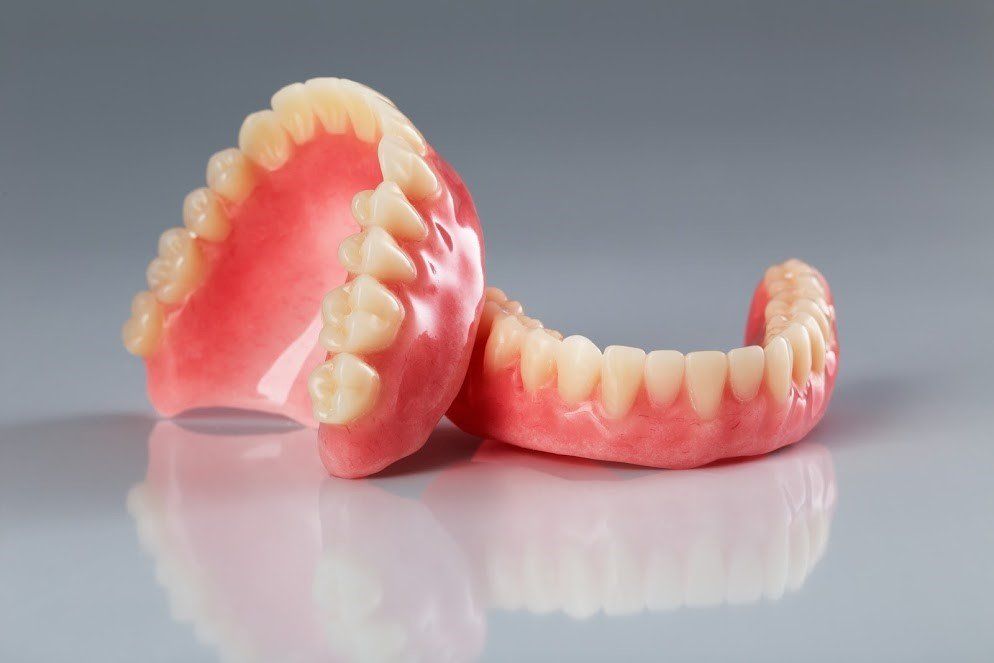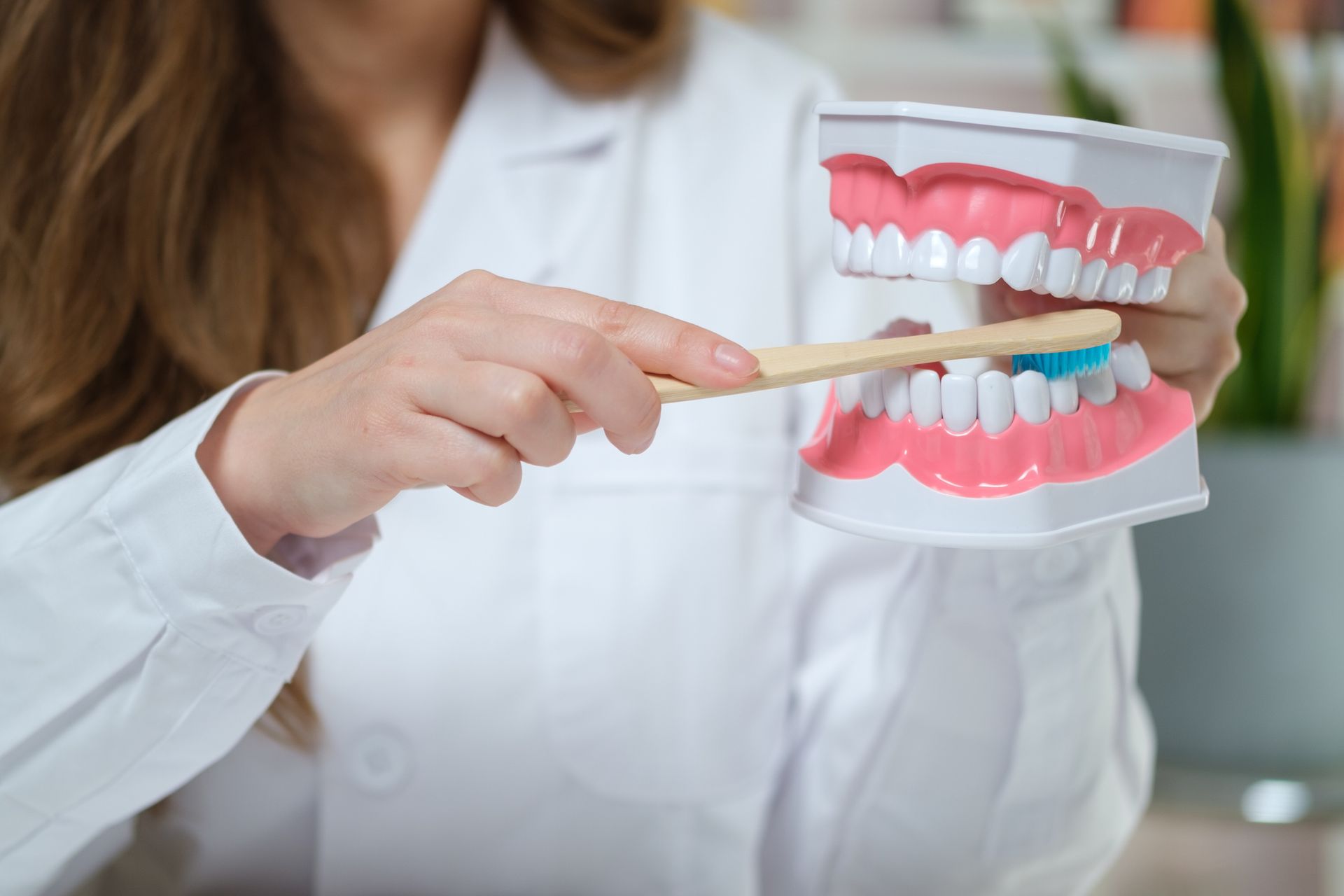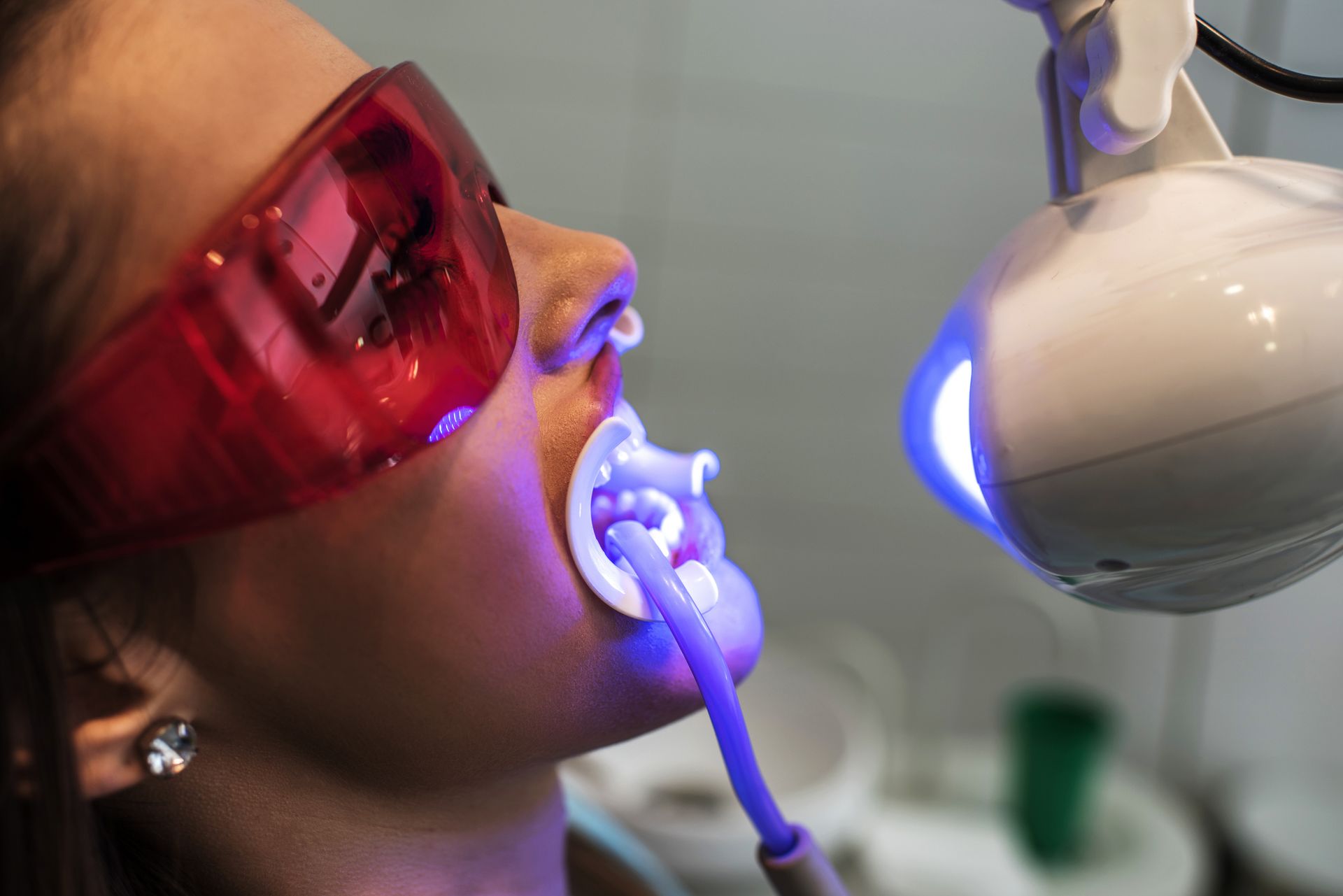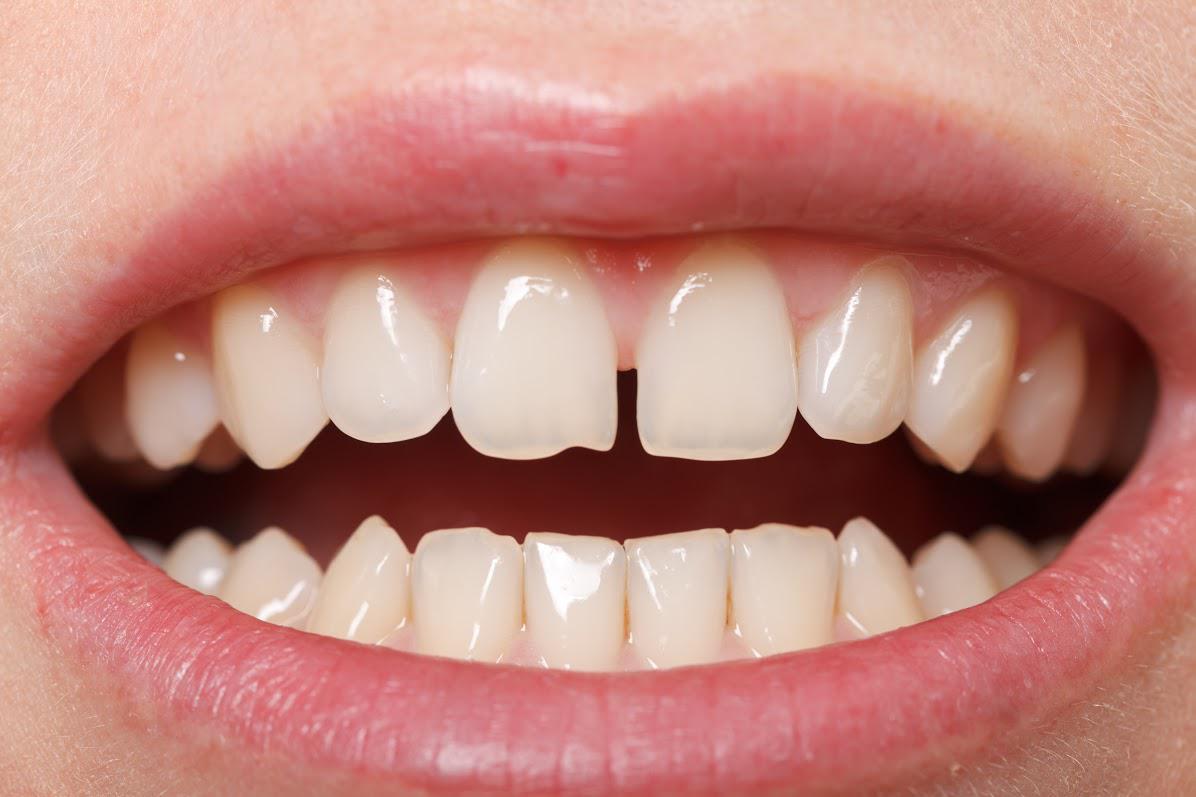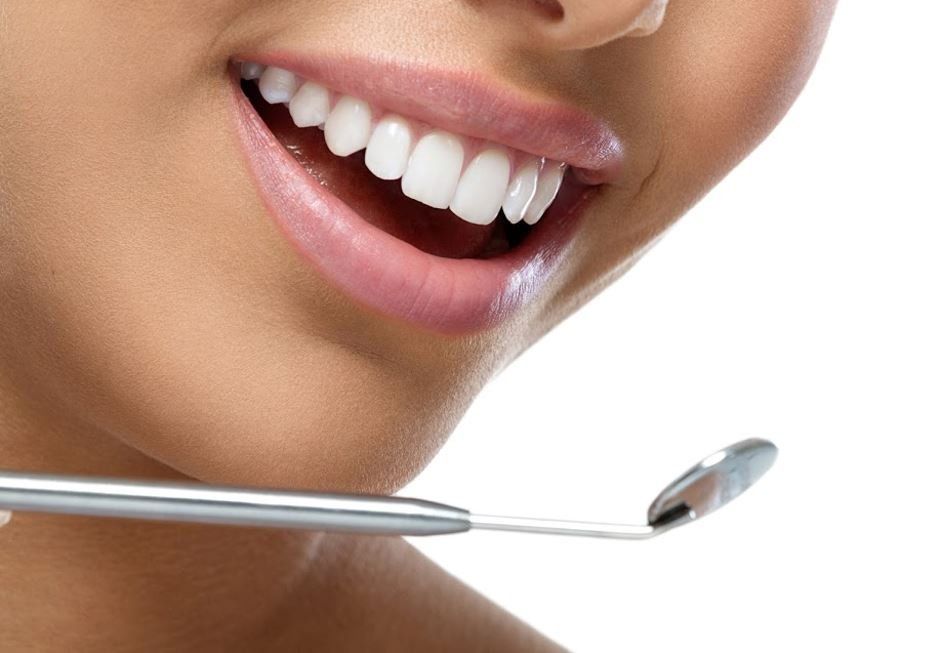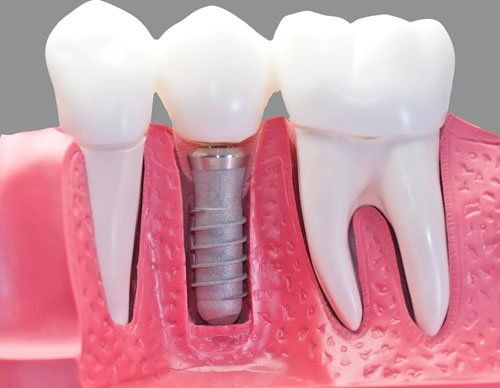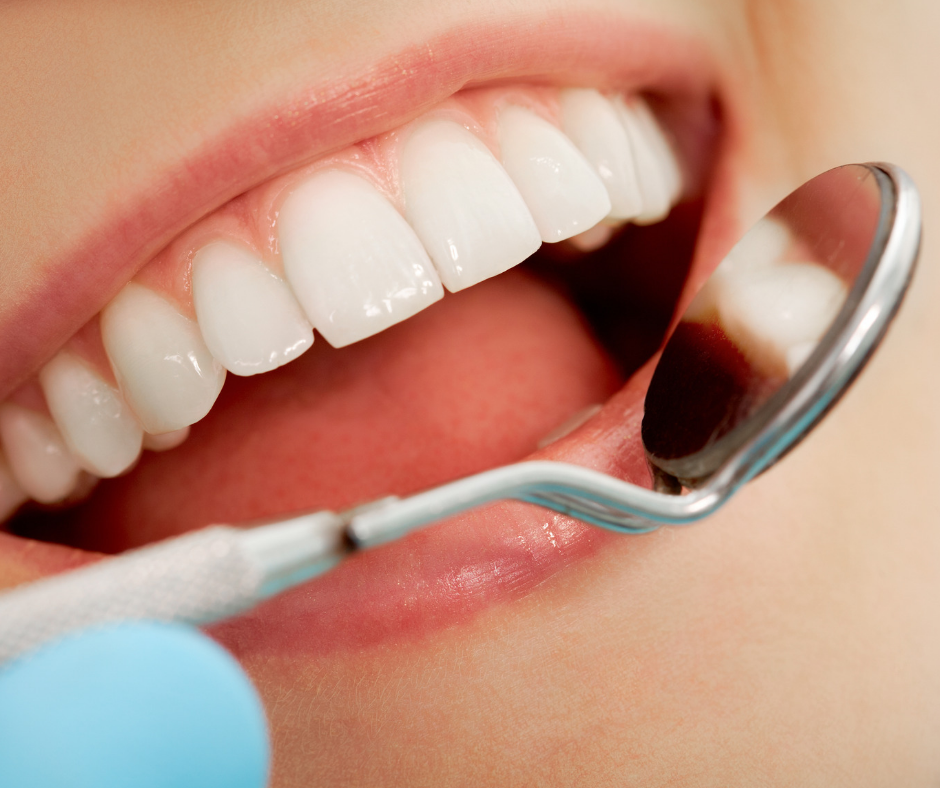What to Know Before You Get Dentures
Dentures have been around for a long time, and they make it possible for just about anyone to get a full smile. Depending on how many teeth you're missing, dentures can drastically improve the quality of your life. If you think dentures may be a good choice for you, check out these facts first.
Partial Dentures and Full Dentures Are an Option
Dentures come in partial and full-sets. If you are only missing a few teeth, partial dentures are the better choice because they can be used to replace a few teeth here and there. Dentists can even use some of your existing healthy teeth to help hold the partial dentures with metal wires, which attach around healthy teeth to stabilize them.
If you are missing all your teeth, or your remaining teeth need to be pulled, a full set of dentures is a great option. In some cases full dentures are less stable than partial dentures because they only use your gums to support the dentures.
Denture Use Has a Learning Curve
Getting dentures will eventually make it easier for you to eat and speak again. However, dentures do involve a bit of a learning curve as you adjust to your new teeth. In the beginning, you may still have to eat soft foods until you learn how to chew without moving the dentures. Even after you've mastered it, however, some foods are still best avoided — particularly sticky foods like caramel.
You'll also need to learn the new way to care for your teeth. Instead of brushing and flossing like you used to, you'll need special cleaners for your dentures.
You should also avoid wearing your dentures at night to prevent irritation to gums. Failing to keep your dentures or gums clean can lead to ulcers in the mouth, fungal infections, tissue overgrowth, and many other complications.
You May Need to Have Them Adjusted Soon
When you lose teeth, your smile is not the only thing that's affected. Slowly, your jawbone will begin to diminish. The jawbone supports your teeth, but if you have no teeth, your jawbone has little to do. Without stimulation, it atrophies like an unused muscle. While you may not need to worry about tooth loss anymore, you do need to ensure your dentures still fit.
The dentist crafts the dentures to fit your gums perfectly. However, if your jawbone shrinks, your entire mouth changes, and the denture may become loose, which makes talking and eating more difficult.
You can get an entirely new set of dentures if you have the money, but most patients choose relines, which can be done at home or in the dental office. They mold to the new shape of your jawbone to adjust your dentures.
Fixed Dentures Are Another Option to Consider
If you really want dentures, but hate the idea of traditional removable dentures, consider fixed dentures. With fixed dentures, titanium posts are inserted into the jawbone. After the area heals, these posts are used to support the new dentures. The dentures simply snap into place, making them much more stable, especially when you eat or laugh. You can also remove the dentures for cleaning.
Another perk of fixed dentures is they use the jawbone for support. Titanium actually fuses to bone, creating a powerful hold for your dentures. Plus, the titanium stimulates your jawbone, so even if you have no natural teeth, the jawbone stays strong.
Missing teeth don't just affect your overall confidence; they can make eating and communicating difficult. Both removable and fixed dentures, however, can give you back control. For more information about dentures, contact us at Gregory S. Rutherford, DDS, PA, today.

